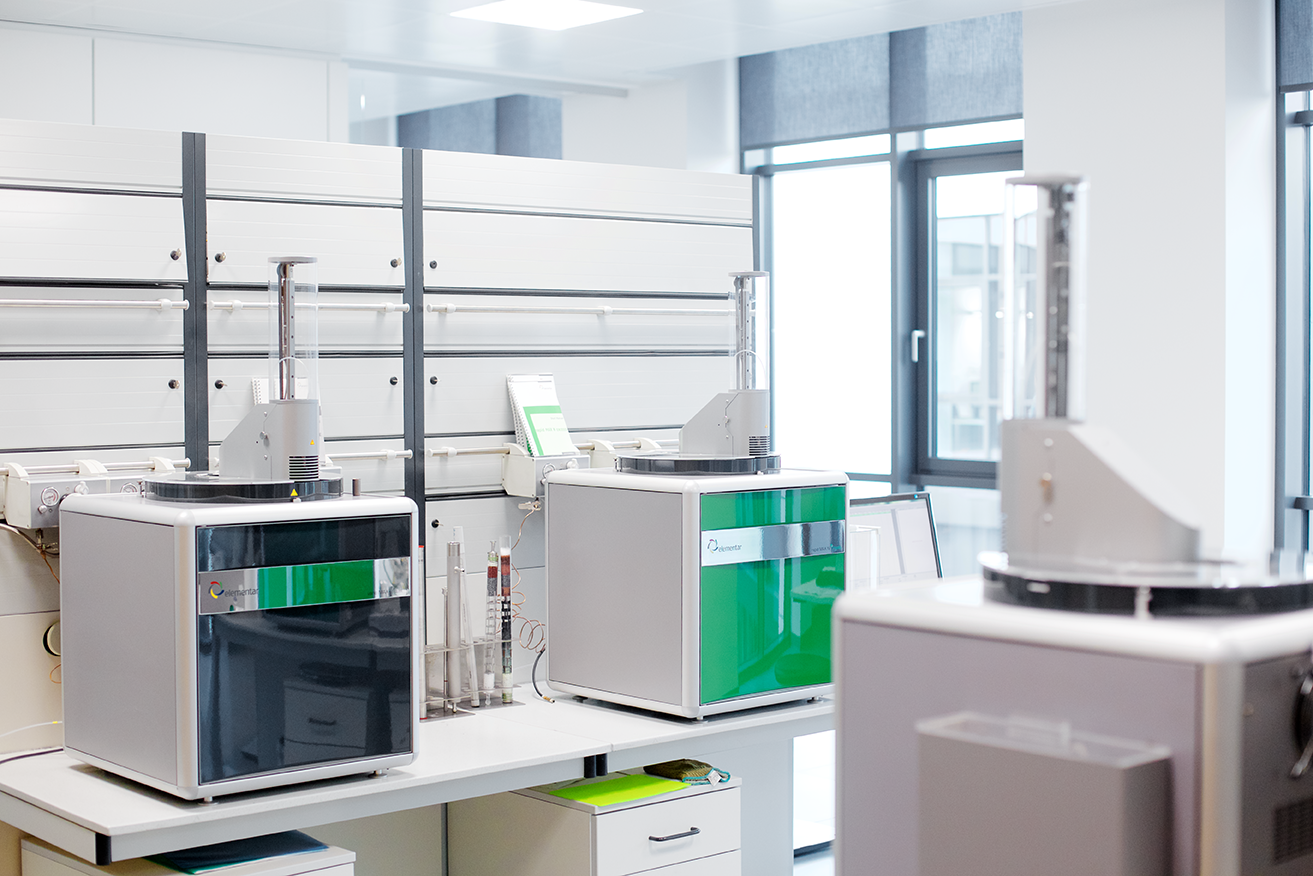
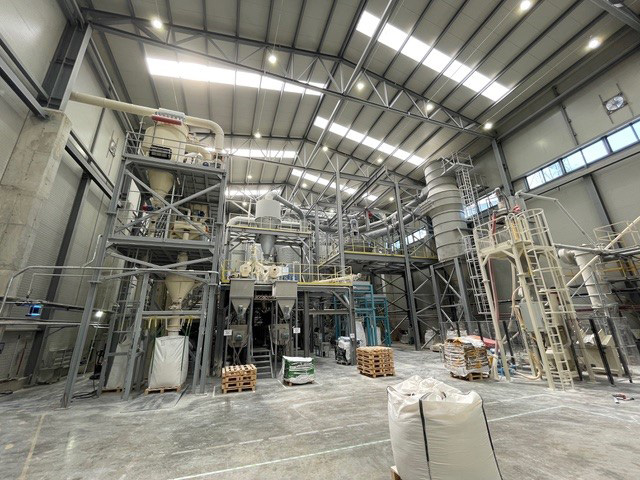
Advancing pea protein production with sustainable practices and air fractionation technology
Cyril Francart, CEO of FlavaPulse, is leading the company’s innovative approach to pea protein production. As he explains, with a focus on sustainability and air fractionation technology, new standards are being set for quality and functionality in plant-based ingredients
Cyril Francart, CEO of FlavaPulse, has a clear vision for the future of plant-based proteins, rooted in sustainability, innovation, and functionality. His company is rapidly gaining attention for its unique approach to producing pea protein concentrate, a key ingredient for plant-based food products. His deep connection to agriculture –coupled with FlavaPulse’s strategic choice to focus on Bulgaria for its production – has provided the company with a competitive edge in an increasingly crowded plant-based protein market.

But why peas? Why Bulgaria? And why this field? These are questions Francart often encounters. He explains that the decision to focus on peas and establish a base in Bulgaria didn’t come from thin air. With more than 20 years of experience in agriculture, Francart and his team have long been searching for ways to support sustainable practices and regenerative agriculture. Bulgaria, with its ideal climate and fertile land, provides exceptional raw materials, particularly high-quality peas.
Francart elaborates further on the significance of this choice. “What we realized is that Bulgaria offers some unique advantages,” he says. “Thanks to the land and climate, the protein levels in our peas are significantly higher than what you might find in Northern Europe, Russia, and even Ukraine. And when you’re using air fractionation, the higher the protein content in your feedstock, the better the results.”
“Our long-term growth strategy focuses on improving our processes and creating a state-of-the-art ingredient for the plant-based industry”
This focus on sustainable, high-protein crops also aligns with the EC’s push for sustainable agriculture. But, Francart questions, “How do you become more sustainable? By using fewer synthetic inputs. Leguminous crops, like peas, fix nitrogen and increase the organic matter left in the soil, contributing to more sustainable agriculture.”
A game-changer in pea protein processing
At the heart of FlavaPulse’s production is air fractionation, a technology that sets it from more traditional methods of protein extraction. Francart reveals that air fractionation allows FlavaPulse to produce food products with an incredibly low CO2 footprint while maintaining high functionality in their proteins. Unlike the wet processing methods used for producing protein isolates, which require heating and significant energy consumption, FlavaPulse’s process is energy-efficient and sustainable.
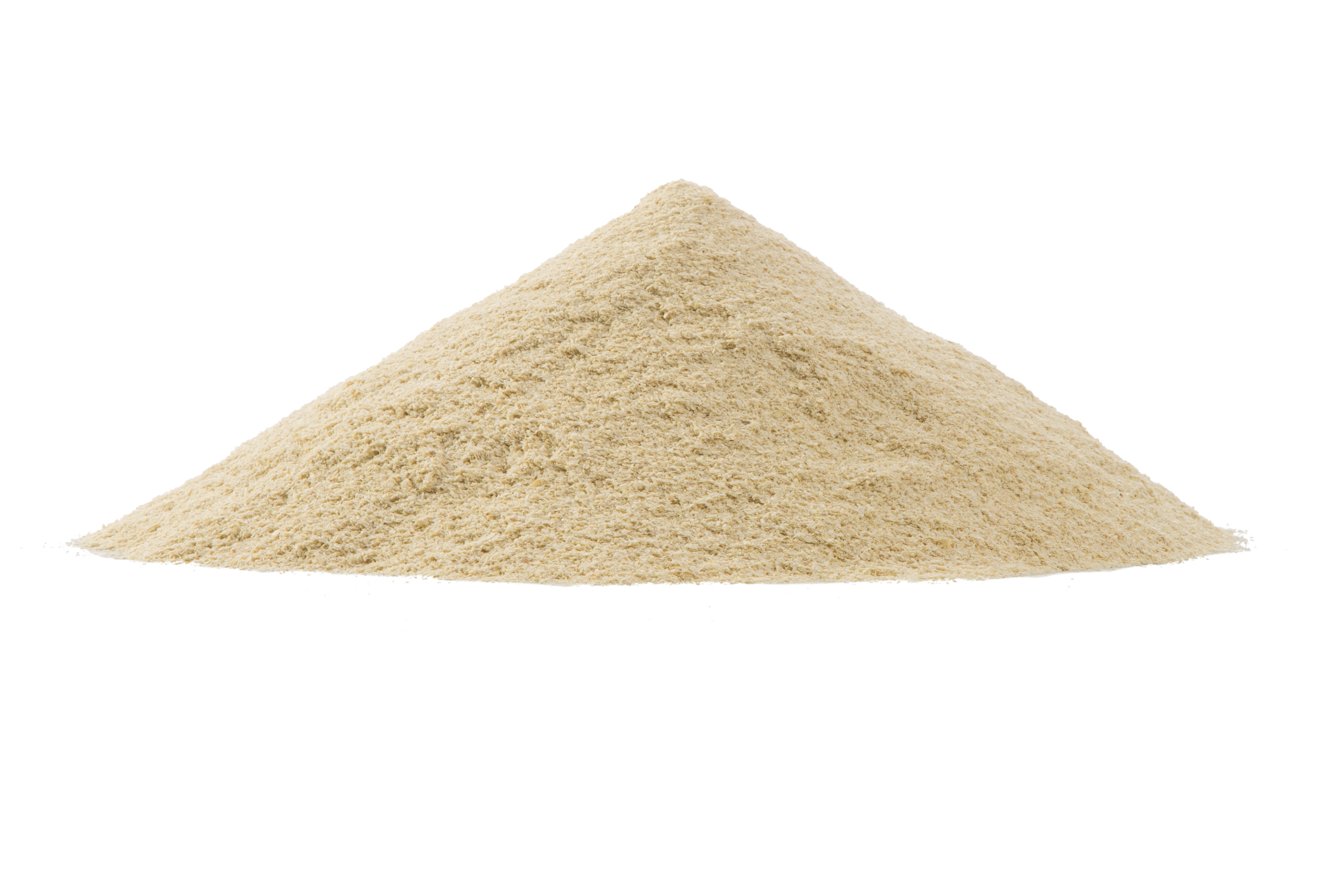
“One of our main objectives is to bring more native proteins to the market,” Francart explains. By ‘native’, he means proteins that maintain their natural structure and functionality. These are easier for food processors to work with, which is critical when developing high-quality food products. The technology FlavaPulse uses, focusing on particle separation, is not only more sustainable but also less energy-intensive, marking a significant shift in how plant proteins are produced.
Supporting farmers
But for FlavaPulse to thrive, ensuring that local farmers are willing to grow the crops they need is vital. As Francart points out, peas are a relatively small crop compared to wheat, corn, or sunflower seeds in Bulgaria, making it challenging for farmers to predict pricing and profitability. To address this, he and his team have developed a transparent pricing mechanism, committing to buying peas at a set spread compared to the price of MATIF wheat, a benchmark familiar to farmers.
This provides farmers with a clear understanding of the financial returns that they can expect from growing peas. “By doing this, we help them transition to more sustainable crops,” Francart suggests. This partnership between FlavaPulse and local farmers plays a key role in supporting the company’s long-term sustainability goals.
Francart says the company takes pride in producing pea protein concentrate with the highest possible quality. Its advanced production line enables it to produce up to 65% protein content in its pea protein concentrate, a remarkable achievement in the field. He explains, “Reaching 65% depends on having the right protein levels in the peas, but hitting 60% is no problem for us, although an adjustment we are implementing should help us to produce higher volumes at 65%. And, importantly, everything we produce is food-grade.”
Pea protein concentrate has been around for around two decades, initially used as a fish meal replacement. However, FlavaPulse has taken this humble ingredient and transformed it into a highly functional and versatile product for the food industry. “Why we particularly stand out is because our production line is fully dedicated to food,” he says. “We’re formulating products that weren’t as widespread throughout the food chain before.”

Expanding applications
Pea protein concentrate is widely used in the extrusion process to produce textured vegetable protein (TVP), a key ingredient in meat analogs. FlavaPulse is already collaborating with several companies across Europe that specialize in extrusion, helping them transition from using more expensive protein isolates to more cost-effective pea protein concentrates.
“Replacing isolates in their formulas with concentrates not only reduces the cost of TVP but also improves the overall formulation,” Francart confirms.
But FlavaPulse’s ambitions extend beyond meat analogs. The company is also exploring applications in bakery, meat processing, and, most recently, dairy analogs. As Francart highlights, “Dairy analogs have only recently become viable thanks to new innovations. Although we’re still in the process of entering that space, we’re seeing many more applications on the horizon.”
A further big selling point of pea protein is its nutritional profile. Francart describes pea protein as “magical” in the plant-based world, offering an almost complete amino acid profile, high digestibility, and being allergen-friendly. “It’s also completely gluten-free,” he adds, making it an attractive option for consumers with dietary restrictions.
Nevertheless, one of the challenges FlavaPulse has faced with pea protein is its naturally bitter taste. Francart acknowledges that soy has historically been more widely used because it has a milder flavor. To overcome this hurdle, FlavaPulse developed a gentle heat-treatment, chemical-free process that removes the bitterness from its pea protein without compromising its functionality.
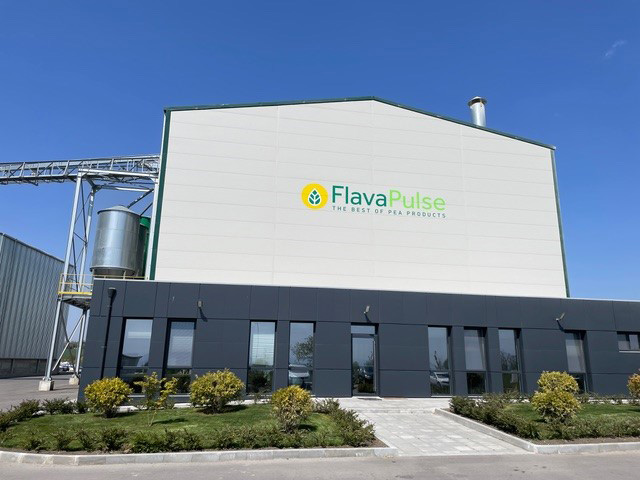
“Although the treatment slightly reduces the ‘native’ aspect of the product, it’s still far superior to isolates,” he says. This breakthrough was key to launching FlavaPulse, as it opened the door to new markets previously inaccessible due to the strong, beany flavor of untreated pea protein.
Future growth
Since its inception, FlavaPulse has formed strategic partnerships to support its research and development efforts. One of its key collaborators is Improve, a subsidiary of the ITER Group, which has helped FlavaPulse optimize its production line and provide technical evaluations of their pea protein concentrate. This collaboration has been instrumental in demonstrating to formulators that FlavaPulse’s products can meet their needs, offering functionalities that enhance the quality of their food products.
Looking to the future, FlavaPulse has ambitious plans for growth. In fact, Francart reveals that the company is preparing to build a new production line within the next two years, which will allow them to produce an even higher quality product at a larger scale. “Our long-term growth strategy focuses on improving our processes and creating a state-of-the-art ingredient for the plant-based industry,” he explains.
Although FlavaPulse is open to partnerships, Francart emphasizes that the company is particularly focused on strategic collaborations that can significantly enhance market access for their pea protein concentrate. “We’re looking for partnerships that help us reach new markets and grow the presence of pea protein,” he reveals.
Offering a sustainable, functional, and cost-effective alternative to traditional protein sources such as soy, FlavaPulse appears to have cemented itself a position at the forefront of the plant-based protein movement. By focusing on native proteins, air fractionation technology, and strategic partnerships, the company looks set to make a big impact on the plant-based food industry. And with its commitment to sustainability and innovation, Francart and his team are helping shape the future of food production, one pea at a time.
For more information visit www.flavapulse.com
If you have any questions or would like to get in touch with us, please email info@futureofproteinproduction.com


%20ILVO%202.jpg)
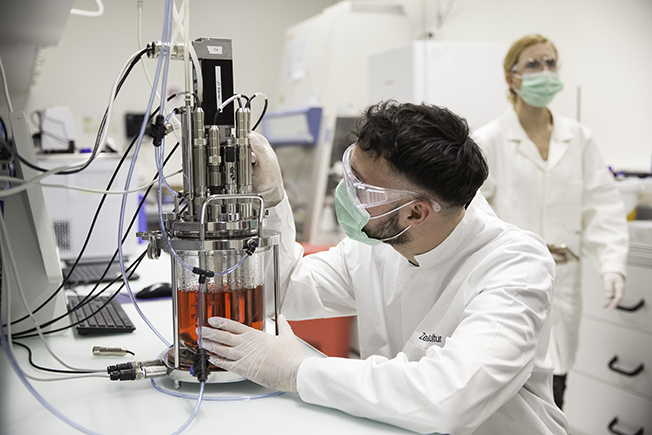
.png)
